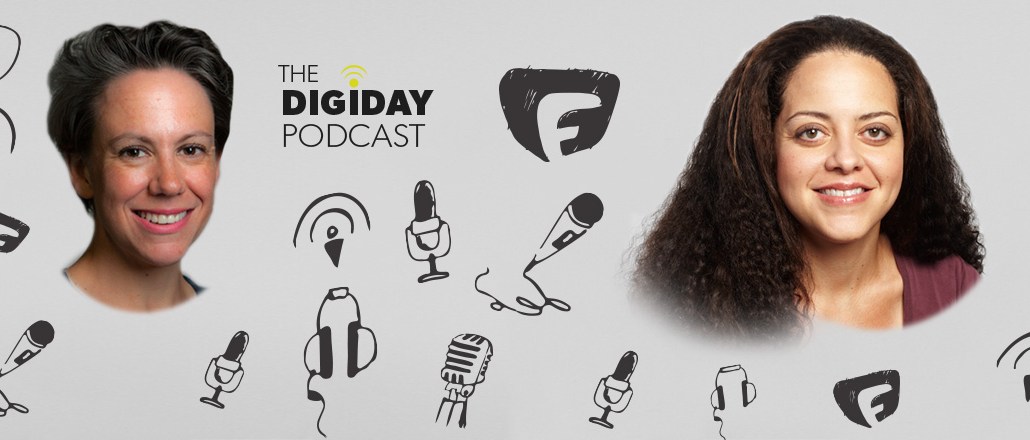Secure your place at the Digiday Publishing Summit in Vail, March 23-25

Fusion, a joint venture between the Disney-owned ABC Television Group and Univision Communications, began its life as a channel aimed at Latino millennials — which account for a giant slice of the American population. But after struggling to gain traction with a demographic that didn’t feel the need for its own siloed network, the publisher shifted gears to target millennials more broadly, with an emphasis on diversity and a focus on progressive issues.
The multi-platform network officially flipped the switch in February, going live after hiring a roster of big name digital-native journalists, like editor-in-chief Alexis Madrigal, who was poached from the Atlantic, and financial journalist Felix Salmon. The network announced this week that TV’s highest paid actor, Sofia Vergara, will be premiering a new series co-produced by Fusion and Latin World Entertainment and will air on … Snapchat.
Joining the Digiday Podcast this week to discuss all of this — and more — are a couple of other high-profile Fusion hires: executive editor Hillary Frey, formerly of NBC News, and editorial director Anna Holmes, the founding editor of the Gawker site Jezebel. A few takeaways from the discussion, edited for clarity and concision:
Modern media needs to be everywhere.
“We want to grow on those platforms,” said Frey. “We also want to learn things form experimenting on those platforms and be able to both find great content out there and surface it, but contribute to it as well. In terms of how we think about how we cover news, we’re always asking questions like, ‘We have this idea, what’s the best way to do this?'”
Millennials hate being talked down to.
“I’m not personally a fan of media companies that talk down to their readers or listeners,” said Holmes. “The audience we’re trying to appeal to will pick up on that in addition to picking up on the fact that they’re being marketed to. It’s important that we present stories visually as well as in terms of text. The tone is one that’s inclusive and reflective of the diversity of the United States but is not particularly preachy and has fun with stuff.”
Publishing directly to platforms is necessary.
“I remember when Twitter stopped sending me off and I could just read things after I clicked on the link there, that was a much better user experience,” said Holmes. “We all know that Facebook could change their mind and the terms can change. But if you just think about it in terms of user experience, a lot of these things make sense. You want to make the content that works best on the platforms because the platforms aren’t going away.”
Building a new media brand is exhausting.
“If you have an idea and a sensibility and an idea who you want to attract, if you work hard and you build it they will come,” said Holmes. “It’s the time investment that can be a bit tiring. I’m an old person now.”
More in Media

Why more brands are rethinking influencer marketing with gamified micro-creator programs
Brands like Urban Outfitters and American Eagle are embracing a new, micro-creator-focused approach to influencer marketing. Why now?

WTF is pay per ‘demonstrated’ value in AI content licensing?
Publishers and tech companies are developing a “pay by demonstrated value” model in AI content licensing that ties compensation to usage.

The case for and against publisher content marketplaces
The debate isn’t whether publishers want marketplaces. It’s whether the economics support them.





